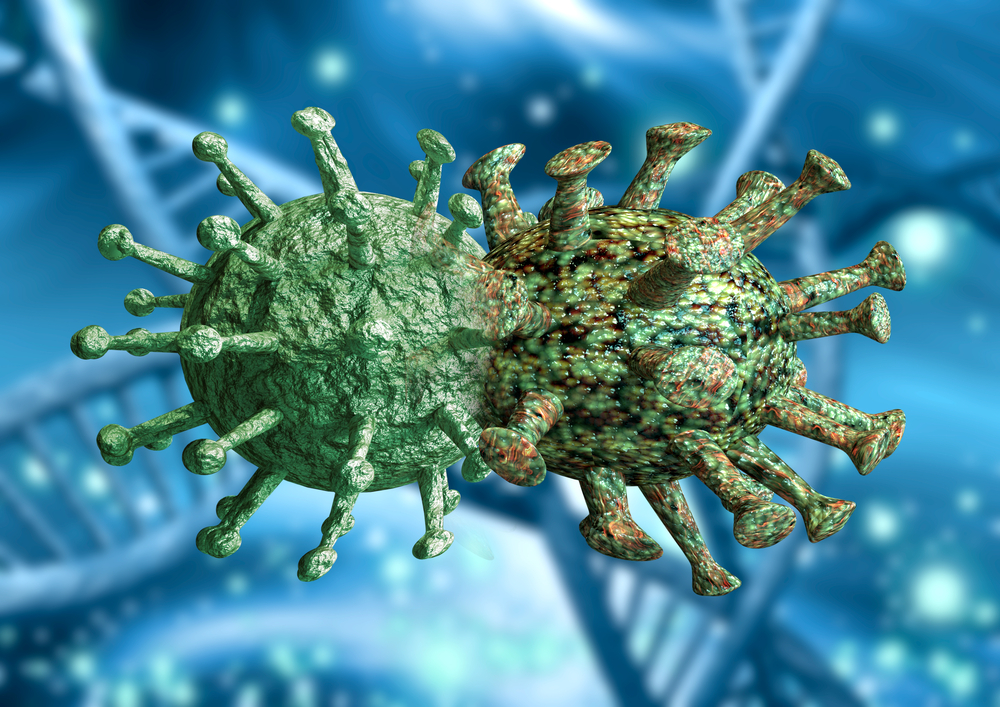To simplify public discussions and also help remove stigma from the names of different strains of coronavirus, World Health Organisation (WHO) on Monday announced it will use Greek alphabets for each new variant. Henceforth, the B.1.617.1 and B.1.617.2 variants of Covid-19, first identified in India, will be known as Kappa and Delta respectively.
WHO’s move came nearly three weeks after India objected to the B.1.617 mutant being termed an “Indian variant” in media reports, with the Union Health Ministry pointing out that the UN’s top health organ has not used the word “Indian” for this strain in its document.
Taking to Twitter, Dr Maria Van Kerkhove, WHO’s technical Covid-19 lead, on Monday said: “Today, @WHO announces new, easy-to-say labels for #SARSCoV2 Variants of Concern (VOCs) & Interest (VOIs). They will not replace existing scientific names, but are aimed to help in public discussion of VOI/VOC.”
WHO, while announcing the new naming system “making them simple, easy to say and remember”, said it is “stigmatising and discriminatory” to call the variants by names of the nations they are first detected in.
“The labels do not replace existing scientific names, which convey important scientific information & will continue to be used in research. The naming system aims to prevent calling Covid-19 variants by the places where they are detected, which is stigmatising & discriminatory,” the WHO said in a tweet on Monday.
The Geneva-based global health agency encouraged countries and others to adopt these names as they will ease public discussions about the global Covid-19 Variants of Concern and Interest.
The B.1.1.7 strain first detected in the UK will be known as Alpha, while the B.1.351 variant detected in South Africa is now Beta, P.1 variant first found in Brazil is Gamma and the P.2 variant is Zeta. The strains found in the US are Epsilon and Iota.
“No country should be stigmatised for detecting and reporting variants. Globally, we need robust surveillance for variants, including molecular and sequencing, to be carried out and shared. We need to continue to do all we can to reduce the spread of SARS-CoV-2,” infectious disease epidemiologist and Covid-19 Technical Lead at WHO Kerkhove said in a tweet.
“The labels don’t replace existing scientific names, which convey (important) scientific info and will continue to be used in research… They will help with public discussion about VOC/VOI as the numbering system can be difficult to follow,” she said.
In order to assist with public discussions of variants, WHO convened a group of scientists from the WHO Virus Evolution Working Group, the WHO Covid-19 reference laboratory network, representatives from GISAID, Nextstrain, Pango and additional experts in virological, microbial nomenclature and communication from several countries and agencies to consider easy-to-pronounce and non-stigmatising labels for VOIs and VOCs.
“At present, this expert group convened by WHO has recommended labels using letters of the Greek Alphabet, ie., Alpha, Beta, Gamma, which will be easier and more practical to discuss by non-scientific audiences,” the WHO added.
On May 12, India’s health ministry dismissed as "without any basis and unfounded” media reports that used the term “Indian variant” for the B.1.617 mutant strain, which WHO recently said was a “variant of global concern”.
“Several media reports have covered the news of WHO classifying B.1.617 as a variant of global concern. Some of these reports have termed the B.1.617 variant as an Indian Variant,” the ministry said in a statement in New Delhi.
“These media reports are without any basis, and unfounded,” it said.
The WHO said the “established nomenclature systems for naming and tracking SARS-CoV-2 genetic lineages by GISAID, Nextstrain and Pango are currently and will remain in use by scientists and in scientific research.”
WHO and its international networks of experts are monitoring changes to the virus. “If significant mutations are identified, we can inform countries and the public about any changes needed to react to the variant, and prevent its spread,” it added.









